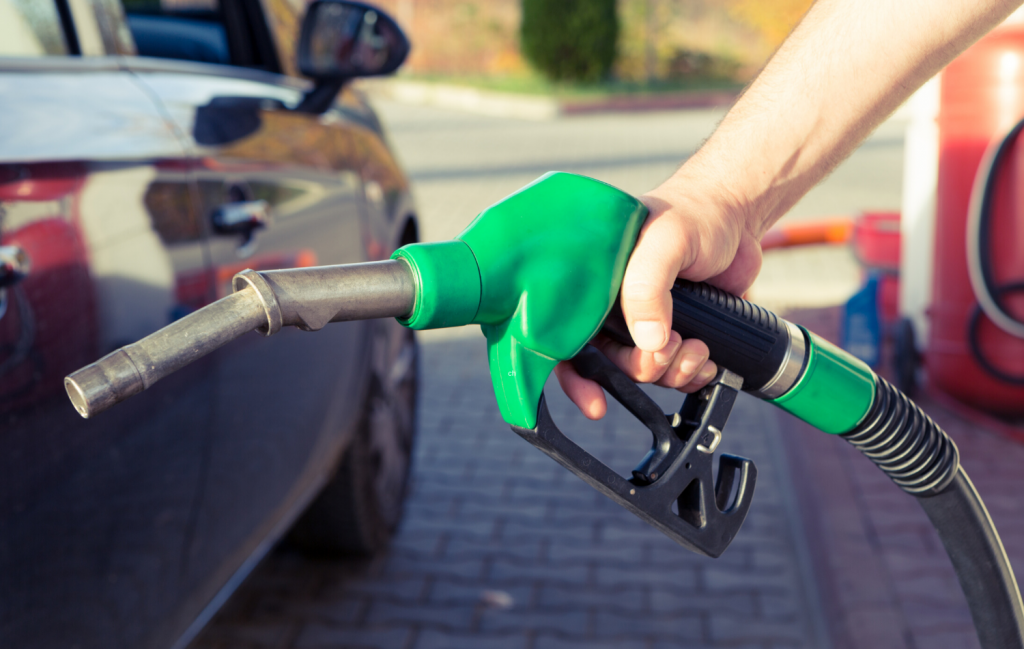Kenyans are raising questions about the accuracy of the Energy Petroleum and Regulatory Authority's (EPRA) calculations for pump prices in December - January 2024, as discrepancies emerge in comparison to figures provided by the Central Bank of Kenya (CBK).
In a press release issued on Thursday, EPRA outlined global Murban crude oil prices and the exchange rate used for the latest pump price calculations.
However, concerns surfaced when Kenyans observed that the exchange rate utilized by EPRA was higher than the one reported by the CBK. While the CBK stated an average November exchange rate of Ksh153, EPRA indicated a rate of Ksh157.52. A higher exchange rate implies elevated pump prices since petroleum products are imported in dollars.
Economist Mohamed Wehliye remarked, "Strange for a government entity to use Eastleigh and King'eero rates. The day EPRA and CBK use the same exchange rate is the day you can conclude currency is 100% free float."
Discrepancies were also identified in Murban oil prices. EPRA cited November prices at USD93.92 per barrel, while the CBK reported an average of USD83 per dollar.
In the latest review, petrol prices decreased by Ksh5, diesel by Ksh2, and kerosene by Ksh4.01.
Concerns were voiced by Kenyan citizens, questioning the logic behind the adjustment. One person queried, "If the price of petrol was Ksh217 when the international crude price per barrel was USD120, why should it be Ksh212 when the crude oil prices have fallen to USD 69?"
Despite the drop in landing costs, EPRA acknowledged the need for the government to subsidize the December-January 2024 pump prices.
EPRA stated, "The price of diesel has been cross-subsidized with that of Super Petrol, and in order to further cushion the economy, the Government has opted to stabilize the resultant diesel price. The government through the National Treasury has identified resources within the current resource envelope to compensate Oil Marketing Companies," in its press release.

